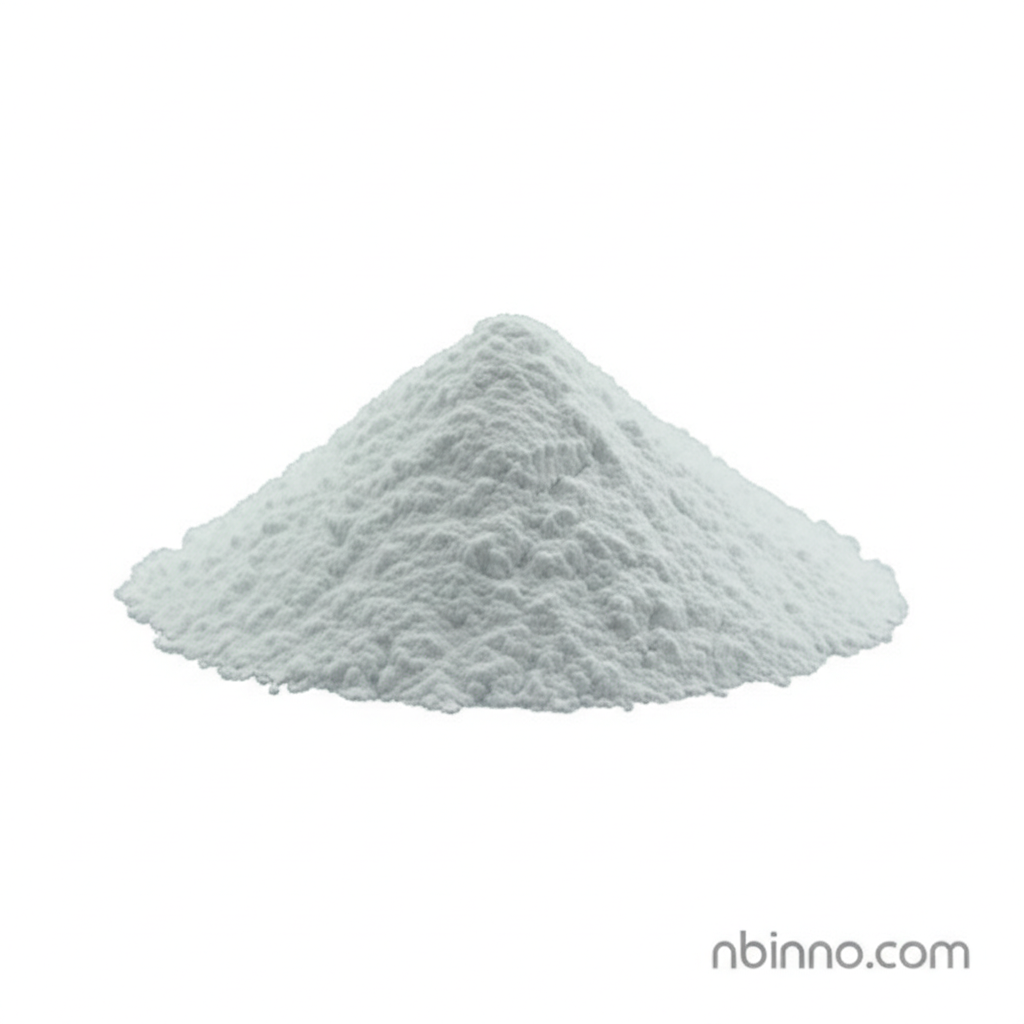Tris(o-tolyl)phosphine: A Versatile Organophosphorus Ligand for Catalysis and Organic Synthesis
Explore the crucial role of this organophosphorus compound in modern chemical reactions.
Get a Quote & SampleProduct Core Value

Tris(o-tolyl)phosphine
Tris(o-tolyl)phosphine (CAS 6163-58-2) is a key organophosphorus compound recognized for its significant utility as a phosphine ligand in various catalytic processes. It plays a vital role in enabling efficient Suzuki-Miyaura cross-coupling reactions, significantly advancing organic synthesis.
- As a key component in rhodium-catalyzed hydrogenation, it facilitates efficient reduction processes.
- The compound is instrumental in facilitating Heck reactions, a cornerstone of modern organic synthesis.
- Its application in Suzuki-Miyaura cross-coupling reactions demonstrates its broad utility in forming carbon-carbon bonds.
- As a white to light yellow crystalline powder, it offers ease of handling and integration into various synthetic workflows.
Advantages Provided by the Product
Enhanced Catalytic Efficiency
Leveraging its phosphine catalyst properties, tris(o-tolyl)phosphine enhances reaction rates and selectivity in critical transformations like Suzuki-Miyaura cross-coupling reactions.
Versatile Reaction Scope
This organophosphorus compound is a versatile ligand, proving effective in a range of reactions including rhodium-catalyzed hydrogenation and Heck reactions, broadening its applicability in organic synthesis.
Improved Synthesis Pathways
The application of tris(o-tolyl)phosphine can lead to more streamlined and efficient synthesis pathways for complex organic molecules, a crucial aspect for chemists aiming for optimization.
Key Applications
Catalysis
As a phosphine catalyst, it is fundamental in many homogeneous catalytic systems, improving the efficiency of chemical transformations.
Organic Synthesis
Its role in reactions like the Suzuki-Miyaura coupling makes it indispensable for constructing complex organic molecules.
Ligand Chemistry
It functions as a crucial organophosphorus ligand, influencing the reactivity and selectivity of metal-catalyzed reactions.
Cross-Coupling Reactions
This compound is a key enabler for various cross-coupling reactions, critical for building intricate molecular structures.
